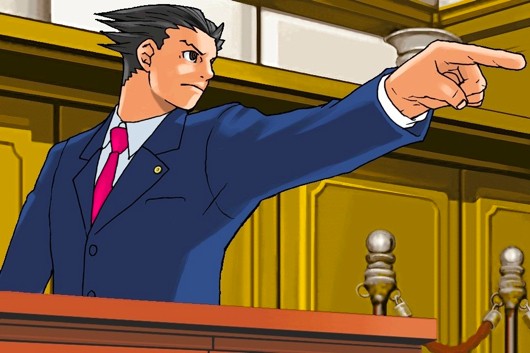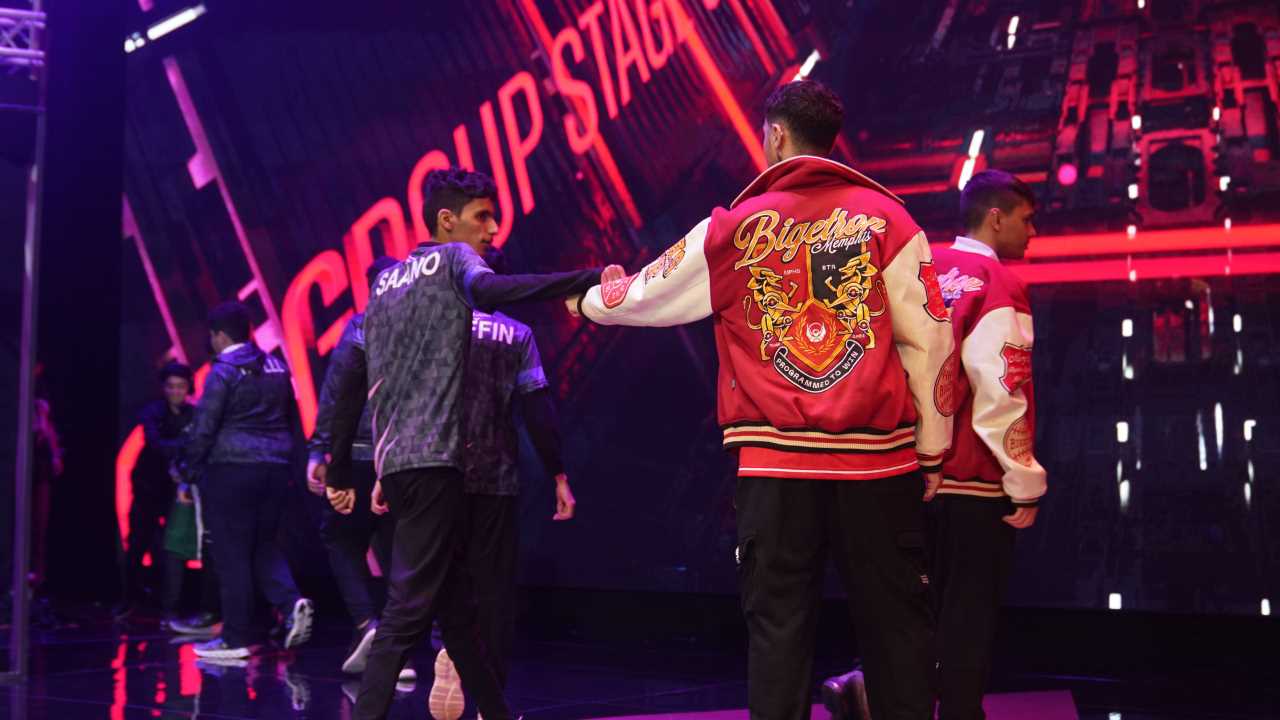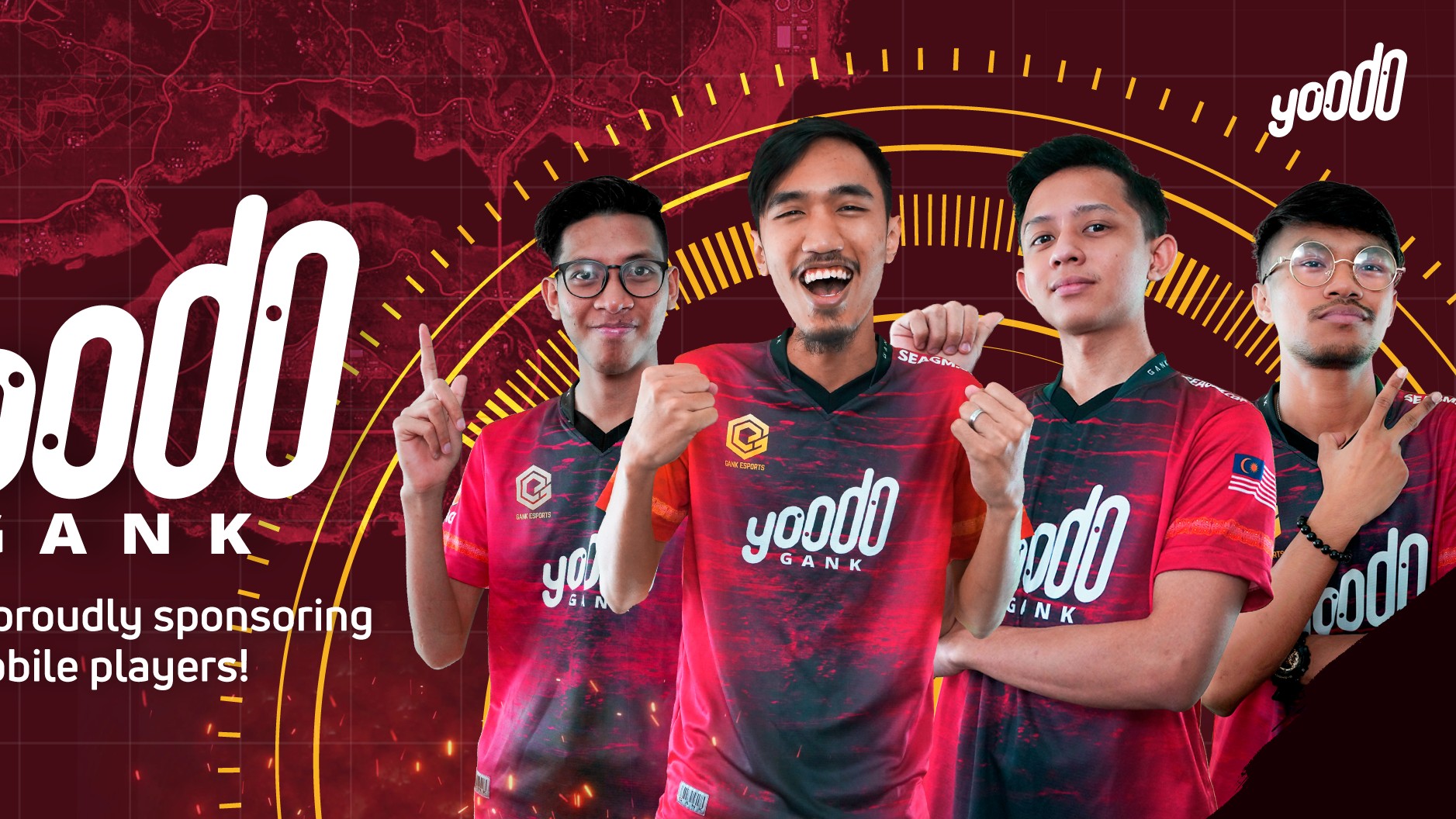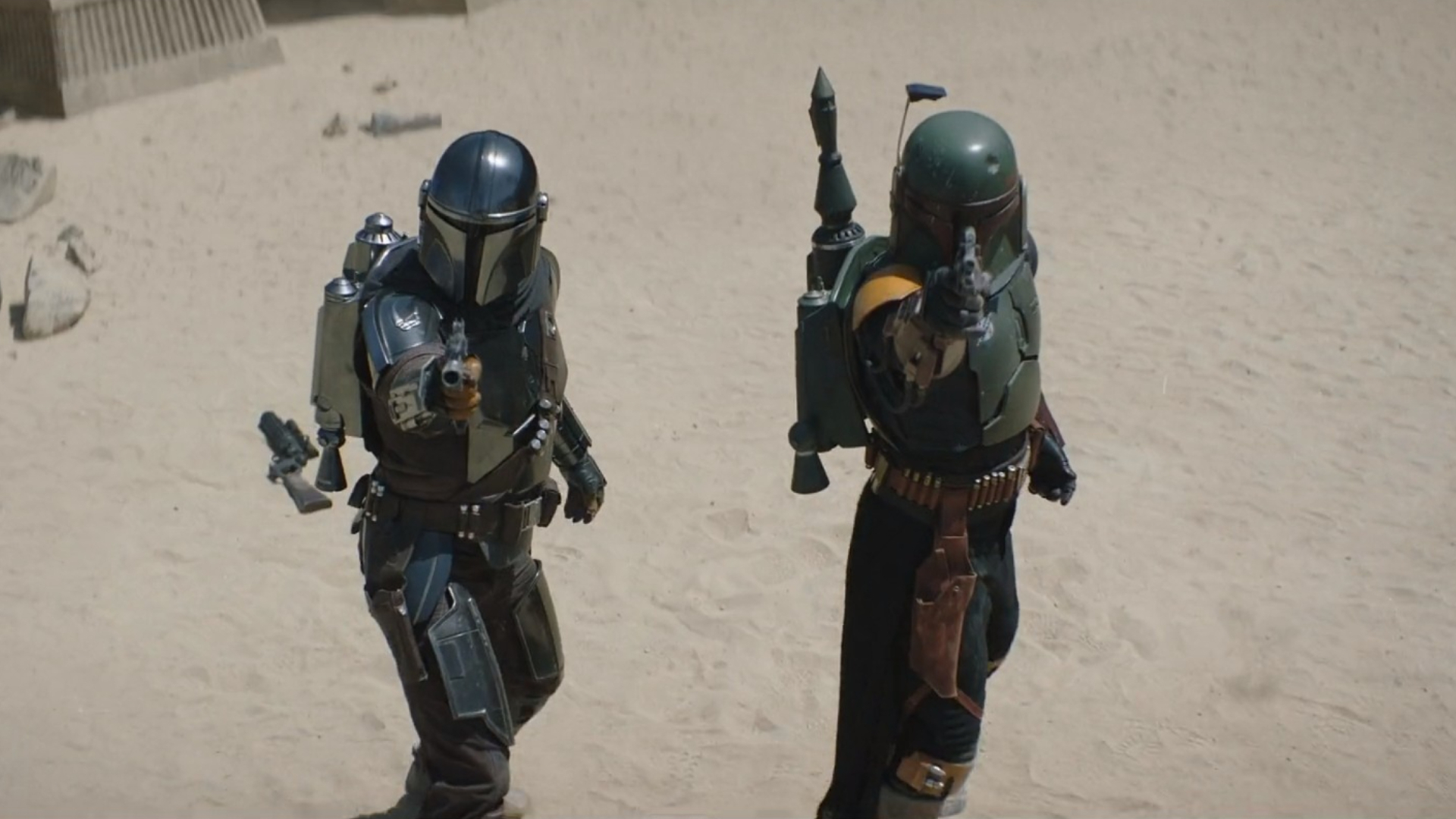

Write what you are looking for and press enter to begin your search!

Live News


We Talk To An Actual Lawyer About Esports Law
With Dota 2 International season being the highlight this week, we’re very sure that other new esports teams will want to jump in on this for next year’s grand Dota 2 tournament, or even on any other esports-worthy game.
But where should you start? What are the legal knowhows you need to know before forming a team so that you don’t sign the wrong kind of contract? Also, what are the laws regarding streaming a publisher’s game for your own profit and gain?
We managed to rope in Richard Wee from law firm Mah Weng Kwai & Associates to help us out. He has genuinely shown a huge interest in esports and its many laws since he himself is a sports law expert. He was gracious enough with hosting a short roundtable on esports law during a huge esports seminar a while back.

Here are the answers to our burning questions. Thanks, Richard!
Obviously, esports differs greatly from the other sports, but from a lawyer’s
perspective, both areas of activities require similar legal attention. Personally, I feel
the major difference is the approach of sports lawyers towards the respective
activities.
While sports have been long established with the entrenched system, rules
and norms; esports, on the other hand, is still developing its legal characteristics.
Much grey area exists in esports law, particularly in issues of governance, doping
and integrity (like match-fixing).
My attention is focused on the clauses imposing obligations on a player. That is
usually my first focus. I will then also focus on clauses relevant to the termination of
that agreement and other terms and conditions which may affect the player’s other
contracts and obligations.
I am inclined to say that it is true though I suspect most jurisdictions around the world
may not have relevant or sufficient laws to tackle esports specifically. Nonetheless,
in my view, while sports betting is a norm but if the betting activity encroaches into
the integrity of the game then that bet would definitely invite investigations.
However, there are particular elements in esports which in nature has betting
“characteristics”. One such thing is called “lootboxes”. A “lootbox” can be named in
several ways, it usually depends on the type of game that it appears in.
Generally, lootboxes are digital grab bags which requires players to use real money for; the players can never know what is inside. In the case of lootboxes, many gamers equate them to gambling. Players who open up a box may or may not get the items that they want, or the items might be worthless.
Therefore, the players may have to invest a lot of money in multiple lootboxes in
order to get the items that they desire for.
Some countries like the Netherlands and Belgium had declared that “lootboxes” has
gambling elements and therefore illegal. In recent news, the Belgian Gaming Commission has determined that randomized lootboxes in at least three games count as a “game of chance”, and publishers can be subject to fines and prison sentences under the country’s gaming legislation.
There are many things which we usually advise organisers about. From acquiring
protection from insurance to seeking relevant licenses or permit from relevant
authorities; these are amongst the items in our checklist of advice to most sports or esports organisers.
In Malaysia for example, the relevant permit and/or consent may be
required from local authorities or Malaysian Communications and Multimedia
Commission (MCMC).
Perhaps we can take a step back and view the legal relationship between
publishers and streamers and/or Content Creators.
This relationship is one between a licensor and licensee. In other words, the
relationship between the Publishers and Streamers is one of a contractual
relationship governed by the End User License Agreement (“EULA”). Some games
require you to click the “I Accept” button during installation or to download the
installer while others stipulate that the mere usage of the software and/or website is
an implied agreement of the EULA.
Purely as an example, I make reference to League of Legend’s EULA
(https://oce.leagueoflegends.com/en/legal/eula).
Section 1​ reads:
“Subject to the terms and conditions of this License Agreement and
your agreement therewith, Riot Games hereby grants to you and you hereby
accept a limited, non-exclusive, non-transferable license, for such time until
either you or Riot Games terminates this License Agreement, to internally
install and execute solely as a component of the Game (i) the Software and
related explanatory materials (“Documentationâ€); and (ii) any Software
upgrades, patches, subsequent versions, and updates (collectively,
“Updatesâ€) licensed to you by Riot Games. The Software and the Game are
provided for your individual, non-commercial, entertainment purposes only
and may not be used for any other purpose or in any other way. Except as
may be expressly permitted by Riot Games, you may not sell, copy, exchange,
transfer, publish, assign or otherwise distribute anything you copy or derive
from the Software or the Game. The license granted to you herein shall be
royalty-free, except that the right to license certain Game Assets (as defined in
the Terms of Use) may be obtained only by acquiring and redeeming Riot
Points.â€
Section 3 ​contains the following:
“The limited license granted to you in Section I is subject to the
additional limitations set forth below in this Section III. Any use of the
Software in violation of the license limitations set forth below is an
unauthorized use of the Software outside of the license granted to you in
Section I, and will be regarded as an infringement of the license terms and
copyrights Riot Games or its licensors holds in and to the Software and the
Game. You agree that you will not, under any circumstances:
…
D. Make use of, or cause any other person or entity to make use of, the
Software or the Game for any commercial purpose, including but not limited to
(i) participating in the Game in exchange for payment (e.g. “leveling†services);
or (ii) selling in-Game items outside of the Game, or selling Game Accounts,
except such transactions as may be authorized by Riot Games and conducted
via services provided by Riot Games; […]”
As such perusing the EULA above, the legality of streaming League of Legends
would then boil down to the interpretation of the clauses.
Streaming can be lucrative. It is undeniable that streamers and content creators use
these games as their content and/or the basis of their content to gain monetary
benefits, be it in the form of subscription percentages, donations or even
sponsorship agreements. This is one unique thing about esports and esports law.
The question is this: are these streams that bring in subscriptions, donations and
sponsorship a “commercial purpose” as defined in the EULA? If so, does this also
fall foul of Section 1 of the EULA in that the usage of the game should be for
non-commercial, entertainment purposes only?
But herein lies the conundrum. For publishers, this is a free form of marketing.
Streamers such as Ninja and Faker can draw in tens of thousands of viewers and
therefore allowing streamers to broadcast the game is to the Publishers’ advantage –
it being in effect a zero-cost marketing as these viewership numbers can easily
translate into the sale of games or in-game items.
An example which shows a Publisher’s stand with regards to streaming can be seen in Valve’s statement that was given after the ESL One Genting 2018, in which the statement reads:
“The first issue we’ve been seeing discussed is regarding DMCA notices. This
one is very simple: No one besides Valve is allowed to send DMCA notices for
games streamed off of DotaTV that aren’t using the broadcasters’ unique content
(camera movements, voice, etc).
The second issue is regarding who is permitted to cast off of DotaTV. We
designed the DotaTV guidelines to be flexible in order to allow for up and coming
casters, or community figures like BSJ or Bulldog that occasionally watch
tournament games on their channel, to be able to stream off of DotaTV. It is not to
allow commercial organizations like BTS to compete with the primary stream. It’ll be
our judgment alone on who violates this guideline and not any other third party’s.”
A number of things can be taken from this statement. Firstly, Valve has made it clear
that the proprietary rights to the game belongs to them only.
Secondly, Valve allows streamers to stream the game and even tournaments despite some having an exclusive broadcasting agreement signed with a streaming platform (as was the issue in ESL One Genting 2018). Thirdly, streamers will always be at the mercy of the Publishers. As Valve puts it, “It’ll be our judgment alone on who violates this guideline and not any other third party’s.”
Therefore, in the absence of express licensing agreements between the Publishers and streamers, while the Publishers seem to allow streaming of their games, streamers and content creators will be subjected to the Publishers in that the Publishers can at any time issue a DMCA notice or may even initiate a suit for breach of copyright or intellectual property rights.

By Lewis "lickety" Larcombe|December 8, 2023
The M5 World Championship Group Stages concluded with significant surprises on the final day! The last day saw major upsets as AP.Bren, Blacklist I...

By Team KKP|August 5, 2024
Thailand has a strong presence in the video game industry, being the second-largest gaming market in Southeast Asia with revenues of $1.8 billion in 2...

By Alleef Ashaari|February 25, 2020
Yoodo Malaysia is stepping up their esports involvement by recruiting a roster of new esports athletes. First up is a refresh to Malaysia’s mo...

By Mr Toffee|November 20, 2024

By Team KKP|October 29, 2024

By Kenn Leandre|October 25, 2024

By Mr Toffee|October 24, 2024

By Team KKP|October 21, 2024

By Lewis "lickety" Larcombe|September 18, 2024

By Alisha Alix|August 20, 2024

By Alleef Ashaari|July 17, 2024

By Team KKP|July 1, 2023

By Alleef Ashaari|August 2, 2021

By Alleef Ashaari|February 9, 2022

By Mr Toffee|November 20, 2024

By Team KKP|October 29, 2024

By Kenn Leandre|October 25, 2024

By Mr Toffee|October 24, 2024

By Team KKP|October 21, 2024

By Lewis "lickety" Larcombe|September 18, 2024

By Alisha Alix|August 20, 2024

By Alleef Ashaari|July 17, 2024

By Team KKP|July 1, 2023

By Mr Toffee|November 23, 2024

By Mr Toffee|November 20, 2024

By Team KKP|October 29, 2024

By Kenn Leandre|October 25, 2024

By Mr Toffee|October 24, 2024

By Team KKP|October 21, 2024

By Lewis "lickety" Larcombe|September 18, 2024

By Alisha Alix|August 20, 2024

By Alleef Ashaari|July 17, 2024

By Team KKP|July 1, 2023
Copyright @ Kakuchopurei 2024